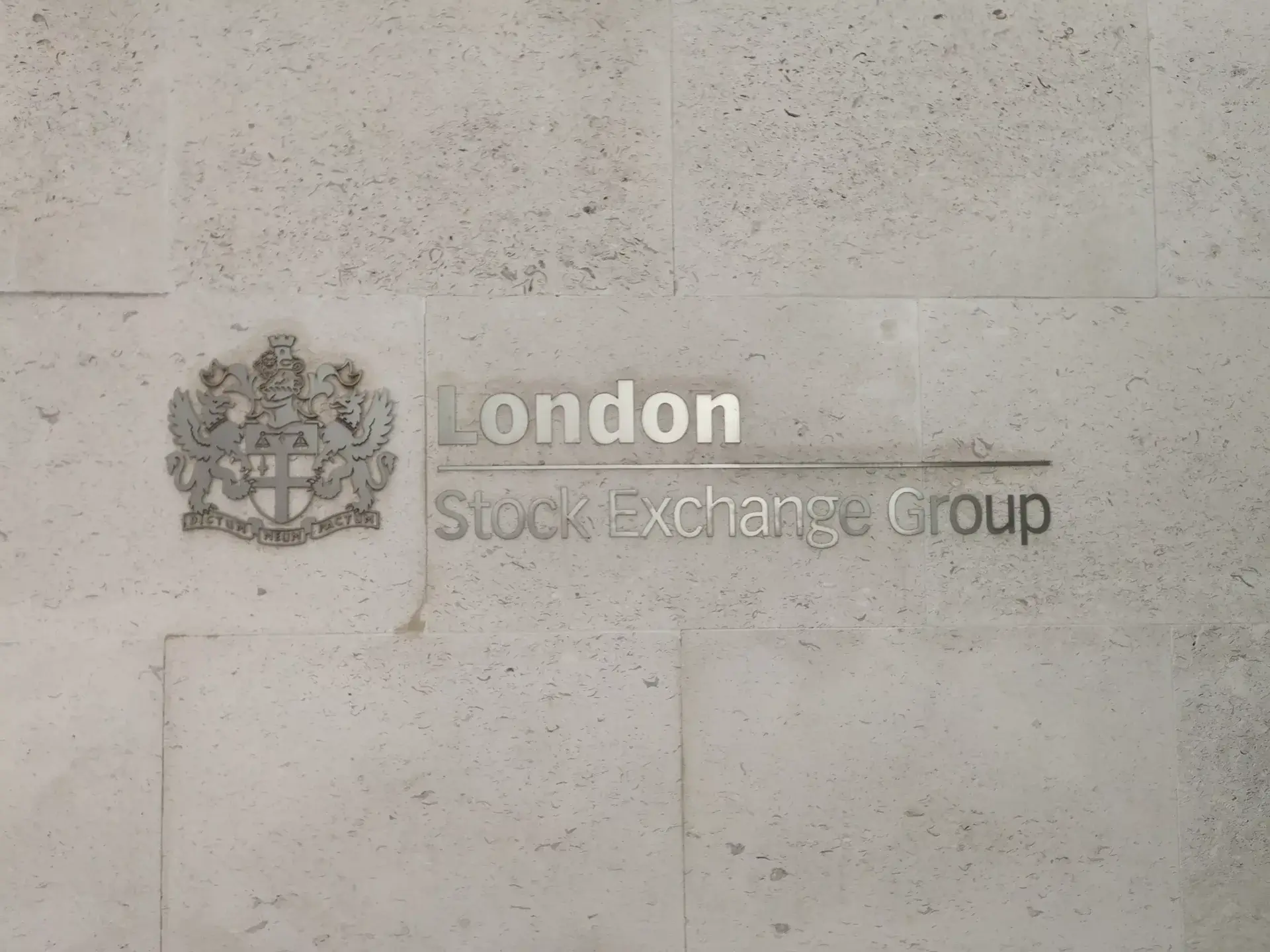The FTSE 100, comprising the largest companies on the London Stock Exchange, represents a who’s who of global business leadership. At its helm are CEOs who navigate complex challenges while driving innovation and growth. But how do these leaders get to the top? Are there commonalities in their career paths, or is leadership success shaped more by individual choices and circumstances?
Let’s dive into the key trends and takeaways from examining the career trajectories of FTSE 100 CEOs.
Common Traits in FTSE 100 CEOs’ Career Paths
1. Strong Academic Foundations
A significant number of FTSE 100 CEOs hold advanced degrees, often from prestigious institutions. While an MBA or similar qualification isn’t a universal prerequisite, it’s common among those who rise to the top. Additionally, degrees in finance, economics, engineering, or law are well-represented, reflecting the analytical skills these fields develop.
Takeaway: A strong academic background, particularly in fields that sharpen problem-solving and strategic thinking, is a notable trend among these leaders.
2. Diverse Experience Across Functions
Many FTSE 100 CEOs have held roles in multiple business functions—finance, operations, marketing, and strategy—over the course of their careers. This cross-functional experience equips them with a holistic understanding of how organisations operate.
Takeaway: Building a well-rounded skill set across different business areas is key to developing the versatility required of top executives.
3. International Exposure
With the FTSE 100 encompassing many multinational companies, international experience is often a critical component of a CEO’s career journey. Many leaders have worked in different countries, gaining insight into diverse markets, cultures, and business practices.
Takeaway: Global experience is not just an asset—it’s increasingly becoming a necessity for leaders of international organisations.
4. Progression Through Leadership Roles
While the paths vary, most FTSE 100 CEOs follow a steady progression of leadership roles, moving from middle management to senior executive positions. These roles often involve managing teams, driving strategy, and being accountable for key business outcomes.
Takeaway: Leadership is built step by step, with each role contributing to the skills and confidence needed to handle greater responsibilities.
5. Industry Expertise
Many CEOs ascend the ranks within a specific sector, developing deep expertise that positions them as credible leaders in their field. However, some executives make successful transitions between industries, bringing fresh perspectives and transferable skills.
Takeaway: Deep industry knowledge or the ability to adapt across sectors can be equally valuable in climbing the corporate ladder.
Are There Any Outliers?
Not all FTSE 100 CEOs follow conventional paths. Some are entrepreneurial leaders who founded or transformed companies, while others are turnaround specialists brought in to revive struggling businesses. These outliers remind us that there’s no single path to success—sometimes, it’s the bold moves that define a career.
Lessons for Aspiring Leaders
If you’re aiming for a C-suite role, here are key strategies to consider:
- Invest in Lifelong Learning: Formal education is important, but so is staying curious and continuously building your knowledge base.
- Seek Out Diverse Opportunities: Pursue roles that challenge you and provide exposure to different functions, industries, and regions.
- Build a Leadership Toolkit: Develop soft skills such as communication, emotional intelligence, and adaptability—these are as critical as technical expertise.
- Take Calculated Risks: Don’t be afraid to step out of your comfort zone. Bold moves can accelerate your growth and set you apart.
- Nurture a Strong Network: Success often depends on relationships. Build connections within and beyond your industry to open doors and gain valuable insights.
The Big Question: Is There a Formula?
While common trends can be identified, there is no one-size-fits-all formula for reaching the top of the FTSE 100. The most successful leaders are those who combine hard work, adaptability, and strategic risk-taking with a relentless drive for improvement.
The diversity of career paths among FTSE 100 CEOs underscores an important truth: leadership success is shaped as much by mindset and perseverance as by any predefined path.
At CJPI, we deliver coaching to aspiring leaders to develop the skills, strategies, and mindset needed to reach the top. Whether you’re navigating your next career move or aiming for the boardroom, we can help you craft your unique path to success.



